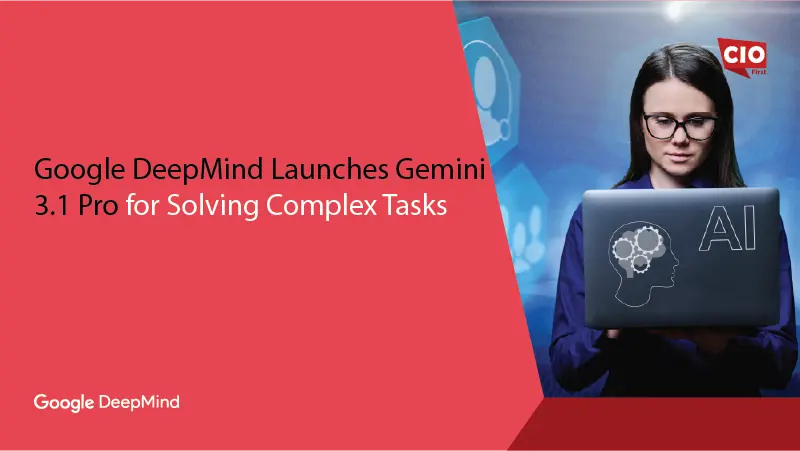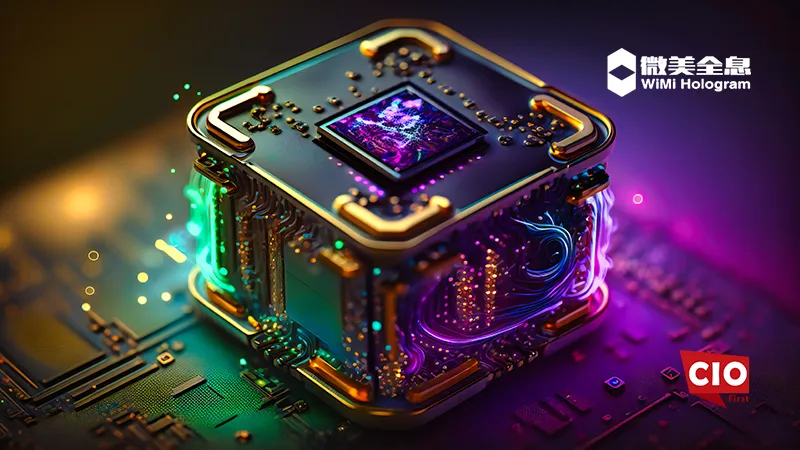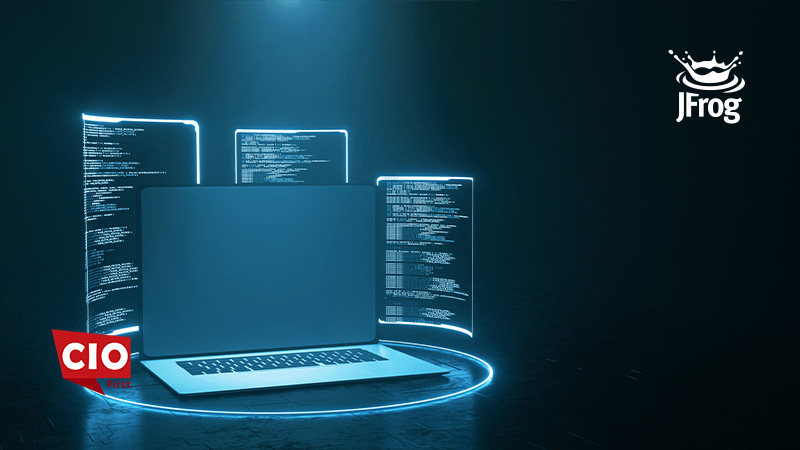WiMi Hologram Cloud Inc., a leading global Hologram Augmented Reality Technology provider, announced the development of a hybrid CPU-FPGA quantum AI simulator. The development of the quantum AI simulator aims to simulate the behavior of quantum computers, enabling testing and optimization of quantum algorithms on existing classical computers. Traditional simulators are often limited by the computational power of the CPU, making it difficult to handle large-scale quantum systems. To overcome this limitation, WiMi has adopted a hybrid CPU-FPGA approach, combining the versatility of the central processing unit (CPU) with the parallel processing capabilities of the field-programmable gate array (FPGA).
The core technical framework of WiMi’s CPU-FPGA architecture simulator consists of two main components:
CPU part: Responsible for handling the high-level logic and complex algorithmic tasks of the simulator. The powerful computational capabilities of the CPU enable the simulator to execute complex quantum algorithms and machine learning models.
FPGA part: Specifically designed for executing parallel computing tasks such as simulating quantum states and performing quantum gate operations. The parallel processing capabilities of the FPGA significantly enhance the computational speed of the simulator while reducing power consumption.
The WiMi CPU-FPGA hybrid quantum AI simulator utilizes the parallel processing capabilities and programmability of FPGA to execute specific quantum computing tasks. FPGA (Field-Programmable Gate Array) is a hardware device that can be programmed to perform specific tasks, enabling custom parallel computing operations, which is particularly important in handling quantum algorithms. By integrating FPGA into the simulator, the simulation speed of quantum algorithms can be significantly enhanced, while reducing power consumption.
Another key aspect of the WiMi hybrid CPU-FPGA approach is the implementation of software-hardware co-design optimization. At the software level, a dedicated simulator framework has been developed, which efficiently manages quantum states and performs quantum gate operations. This framework is tightly integrated with the hardware layer, ensuring efficient execution of algorithms. At the hardware level, the CPU and FPGA are closely interconnected through high-speed interfaces, enabling seamless collaboration between the two to accomplish complex computational tasks.
Furthermore, this technical approach also involves a deep understanding of existing quantum computing and AI technologies. The quantum AI simulator is not just a simple simulation tool; it must be able to adapt to evolving quantum algorithms and AI models. Therefore, the design of the simulator needs to have sufficient flexibility and scalability to support future technology upgrades and the development of new algorithms.
WiMi hybrid CPU-FPGA quantum AI simulator technology framework:
Hardware layer: The simulator employs high-performance CPUs and customized FPGA chips, which are tightly interconnected through high-speed interfaces.
Software layer: A dedicated software framework has been developed to support the simulation of quantum algorithms and the training of AI models. The software framework includes quantum state management, quantum gate operations, and machine learning algorithm libraries.
Interface layer: Compatibility with existing quantum computing software and AI platforms is provided, ensuring that the simulator can seamlessly integrate into existing research and development workflows.
The technical logic of WiMi’s hybrid CPU-FPGA quantum AI simulator is a complex process that involves multiple dimensions and levels. It encompasses aspects such as hardware architecture selection, software-hardware co-optimization, technical compatibility, and meeting practical application requirements. The implementation of this technical logic not only drives technological advancements in the fields of quantum computing and artificial intelligence but also provides new possibilities for future computing technology development.
WiMi has developed a powerful tool in the form of a hybrid CPU-FPGA quantum AI simulator, which is available to businesses and research institutions for exploring the potential of quantum algorithms and developing new AI applications. With the continuous advancement of quantum computing technology, this type of simulator is expected to play a crucial role in future quantum computing and AI research. Through the hybrid CPU-FPGA approach, WiMi is driving the development of quantum AI simulation technology and opening up new avenues for the integration of quantum computing and artificial intelligence. The application of this innovative technology will accelerate the research on quantum algorithms and facilitate the fusion and progress of quantum computing and AI technologies.
SOURCE: PRNewsWire
























